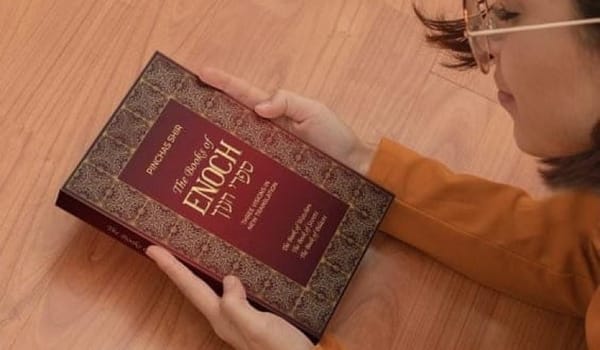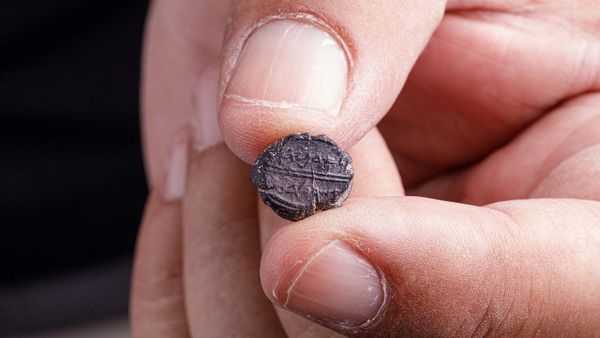From time to time, I hear people make references to the pearly gates of heaven, where St. Peter stands and admits people into eternity. I have seen all sorts of depictions of this scene. I never understood this tradition until I realized that it is a bit of Christian cultural imagination and lore. Does apostle Peter indeed get to decide who gets into heaven?
The logic of this tradition suggests that Peter was given the keys to heaven itself. That turns him into a gatekeeper of sorts and, by extension, into an arbiter of who gets in and who does not. "I will give you the keys of the kingdom of heaven; and whatever you bind on earth shall have been bound in heaven, and whatever you loose on earth shall have been loosed in heaven.” (Matt 16:19 NASB). Besides the fact that the very type of authority given to Peter is misunderstood (search for my article “Binding and Loosing like Jesus”), the “kingdom of heaven” (מַלְכוּת הַשָׁמָיִם; malchut hashamaim) is simply assumed to mean the afterlife. Is that a fair assumption?
The concept of the “kingdom of heaven” indeed can speak of the divine realm, but it is much broader. In Matthew 3:2, Jesus says, “Repent, for the kingdom of heaven is at hand.” Does that mean his audience is about to enter the afterlife? In Matthew 11:12, Jesus remarked, "…until now, the kingdom of heaven suffers violence, and violent men take it by force." Is he speaking about heaven? Can heaven be captured by force? Clearly, equating the “kingdom of heaven” to heaven or the afterlife does not always work.
We should not forget that the “kingdom” (מַלְכוּת; malchut) has a “king” or a “ruler” (מֶלֶךְ; melech). The very idea of a kingdom indicates something being ruled and governed. The gatekeeper or key-holder does not do that. One of the ancient roles of an Israelite ruler is to render “judgment” (מִשְׁפָּט; mishpat) for his subjects in all sorts of matters (2 Sam 15:1-6). Even in the first century CE, when Israel’s monarchy was almost symbolic, we see the apostle Paul presented to King Agrippa to be judged (Acts 25:13-15).
Students of the Scriptures realize that ultimately, God alone judges the hearts of men (Joel 3:1-8). He alone has the ability to do so perfectly (Is 41:21-24). In Dan 7, however, the Ancient of Days gives reign, authority (and judgment by extension) to the Son of Man. In John 5:21-23 Jesus explains that the Father indeed delegates his authority to the Son. According to the apostles, in the final days, Jesus will render judgment pertaining to one's standing with God (Acts 10:42; 2 Tim 4:1; 1 Pet 4:5). So, Peter might have been given some authority and even some keys, but it seems that the Son of Man is the one who makes final determinations. Before one stands at the pearly gates and petitions for entry, one has to stand before the King of Israel.











Member discussion